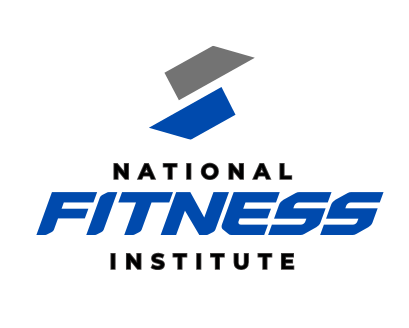The Importance of Comprehensive Education in Personal Training
In the rapidly evolving fitness industry, a comprehensive education serves as a cornerstone for aspiring personal trainers. The dynamic nature of this field necessitates a robust understanding of various elements, from the latest exercise science developments to the intricacies of human anatomy and physiology. A well-rounded educational foundation not only equips personal trainers with the necessary knowledge but also positions them as credible and reliable professionals in promoting health and wellness.
Personal trainers play a pivotal role in guiding individuals towards achieving their fitness goals. This responsibility requires a deep understanding of how the body works, which underscores the importance of studying anatomy and physiology. By mastering these subjects, personal trainers can design effective workout plans, identify potential risks, and provide appropriate modifications to prevent injuries. Furthermore, knowledge in exercise science allows trainers to stay updated with the latest research and trends, ensuring that their methods are both effective and scientifically sound.
Understanding client needs is another critical aspect of personal training. Each client is unique, with different fitness levels, goals, and potential limitations. A comprehensive education enables personal trainers to conduct thorough fitness assessments, which are essential for creating personalized program designs. These assessments help in identifying strengths, weaknesses, and areas requiring improvement, allowing for tailored interventions that can significantly enhance client outcomes.
Moreover, obtaining certifications from recognized organizations such as the National Academy of Sports Medicine (NASM), American Council on Exercise (ACE), or International Sports Sciences Association (ISSA) can substantially boost a trainer’s credibility. These certifications are often seen as a benchmark of quality and professionalism in the industry. They not only validate a trainer’s expertise but also open up enhanced career prospects, including higher earning potential and opportunities in prestigious fitness institutions.
In essence, a comprehensive education in personal training is indispensable for those looking to excel in this field. It provides the necessary tools to effectively support clients, stay abreast of industry advancements, and build a successful and respected career in fitness and wellness.
Equipping Yourself with the Right Skills and Resources
Embarking on a career in personal training and fitness requires a multifaceted approach to skill development and resource acquisition. Effective communication is paramount; personal trainers must articulate instructions clearly and adapt their communication style to suit each client’s needs. This includes active listening, showing empathy, and providing constructive feedback, which fosters trust and enhances the trainer-client relationship.
Motivational strategies are another cornerstone of successful personal training. Understanding psychological principles that drive behavior change can significantly improve client adherence to fitness programs. Techniques such as goal setting, positive reinforcement, and motivational interviewing can inspire clients to surpass their fitness objectives.
Building strong client relationships is essential. This entails a personalized approach to training programs, recognizing individual progress, and maintaining professionalism at all times. A well-developed rapport not only increases client retention but also encourages word-of-mouth referrals, a vital aspect of growing your clientele.
Continuous professional development is crucial in the ever-evolving fitness industry. Attending workshops, seminars, and pursuing advanced certifications can keep your knowledge up-to-date and expand your skill set. Specialized certifications in areas like nutrition, injury prevention, or sports performance can set you apart from competitors.
The business aspect of personal training should not be overlooked. Marketing yourself effectively through a well-crafted personal brand can attract potential clients. This includes creating a professional website, engaging on social media platforms, and possibly running targeted advertisement campaigns. Managing finances is equally important; understanding how to budget, track expenses, and price services competitively ensures the sustainability of your business. Additionally, staying informed about legal considerations, such as liability insurance and client contracts, is necessary to protect yourself and your business.
Finally, leveraging technology and social media can significantly broaden your reach. Online training programs, fitness apps, and virtual consultations are becoming increasingly popular. Staying current with industry trends and utilizing platforms like Instagram, Facebook, or YouTube can enhance your visibility and engagement with a wider audience, keeping you at the forefront of the fitness industry.
